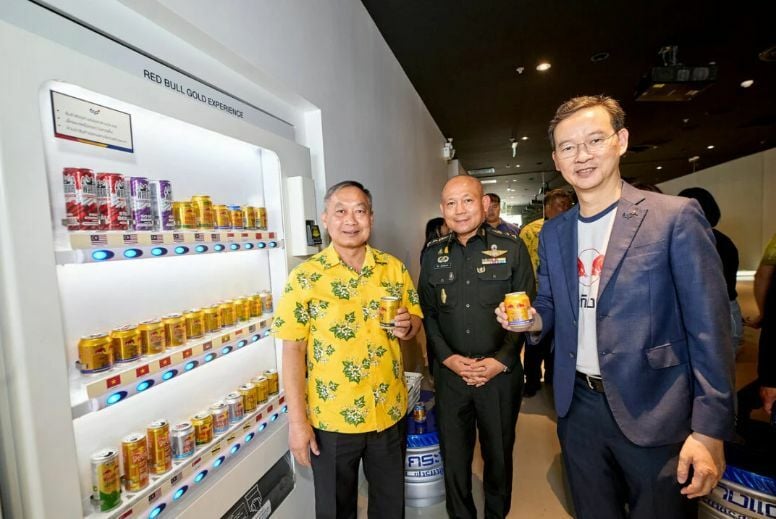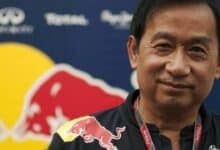Red Bull’s global charge: TCP Group aims high

TCP Group, the firm behind the manufacture and distribution of Krating Daeng, also known as Red Bull, has set its sights on international markets due to their high growth potential. The management is also keeping an eye on escalating costs.
Spearheaded by TCP Group’s CEO Saravoot Yoovidhya, the company observed a growth of merely 4-5% in the energy drink market in the first quarter of this year, attributing this to the stagnant economy.
Saravoot added that Thailand is currently experiencing its hot season, a period typically associated with a surge in the beverage industry. However, the scorching weather and prolonged drought have wreaked havoc on the agricultural sector.
He shared that the company experienced a 10% increase in production costs last year as global raw sugar prices rose, prompting the company to carefully observe the effects of harsh weather conditions on crops.
The executive also highlighted that the Thai energy drink market is primarily driven by cost differentiation due to the introduction of numerous new brands. As a result, Red Bull’s price was increased to 12 baht per bottle last year, while its major competitor maintained its price at 10 baht per bottle.
In contrast, the international energy drink market has experienced minimal price wars compared to Thailand’s domestic market.
Asian market foothold
Saravoot shared that several firms, including those from the food and beverage sector, are targeting the Southeast Asian market due to its robust economic growth.
With a production facility in Prachin Buri, where 61% of the output is for export, the company also operates factories in Vietnam, China, and Nepal. Currently, TCP holds a market share of about 17-18% in Thailand, over 50% in Vietnam, and 40% in China.
Vietnam is currently targeted as a market with a high growth potential.
The company is considering promoting other beverage brands such as Sponsor, an electrolyte drink, for international expansion, given its strong presence in the US and South Korea.
TCP plans to continue educating consumers about its products and develop new product lines, including sugar-free drinks and carbonated energy drinks, to solidify its presence in domestic markets. The group recently opened the TCP Legacy Museum in Prachin Buri, which chronicles the company’s journey and experiences in the energy drink industry.
The museum’s exhibits cover the creation of the Krating Daeng and Red Bull brands, with heavy emphasis on the development of innovative products catering to modern consumers’ unique lifestyles, and the establishment of an organisational foundation for sustainable growth aiming to inspire the younger generation.
Saravoot anticipates the Thai beverage market to grow by 10% this year. TCP Group intends to achieve double-digit growth that surpasses the overall market, reported Khaosod.
Latest Thailand News
Follow The Thaiger on Google News:


























